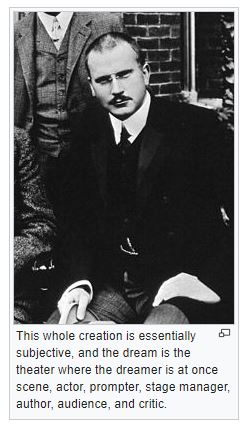For instances, OCD, ADD, ADHD, END, ...
Mental illness, of course, is not literally a "thing" — or physical object — and hence it can "exist" only in the same sort of way in which other theoretical concepts exist. Yet, familiar theories are in the habit of posing, sooner or later — at least to those who come to believe in them — as "objective truths" (or "facts"). During certain historical periods, explanatory conceptions such as deities, witches, and microorganisms appeared not only as theories but as self-evident causes of a vast number of events. I submit that today mental illness is widely regarded in a somewhat similar fashion, that is, as the cause of innumerable diverse happenings. As an antidote to the complacent use of the notion of mental illness — whether as a self-evident phenomenon, theory, or cause — let us ask this question: What is meant when it is asserted that someone is mentally ill?
In what follows I shall describe briefly the main uses to which the concept of mental illness has been put. I shall argue that this notion has outlived whatever usefulness it might have had and that it now functions merely as a convenient myth.
"The Myth of Mental Illness" in American Psycholigist, Vol. 15 (1960), p. 113 -- by Thomas Szasz






